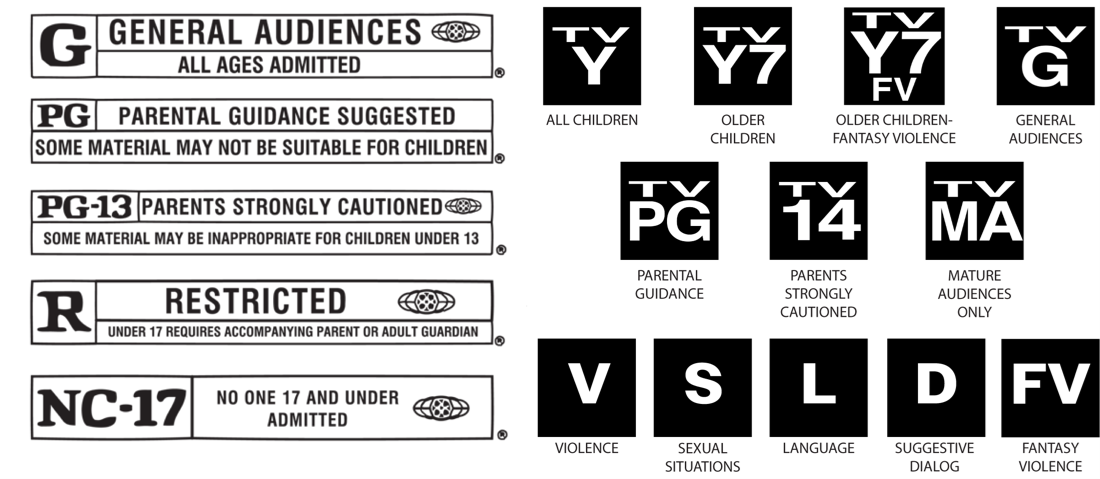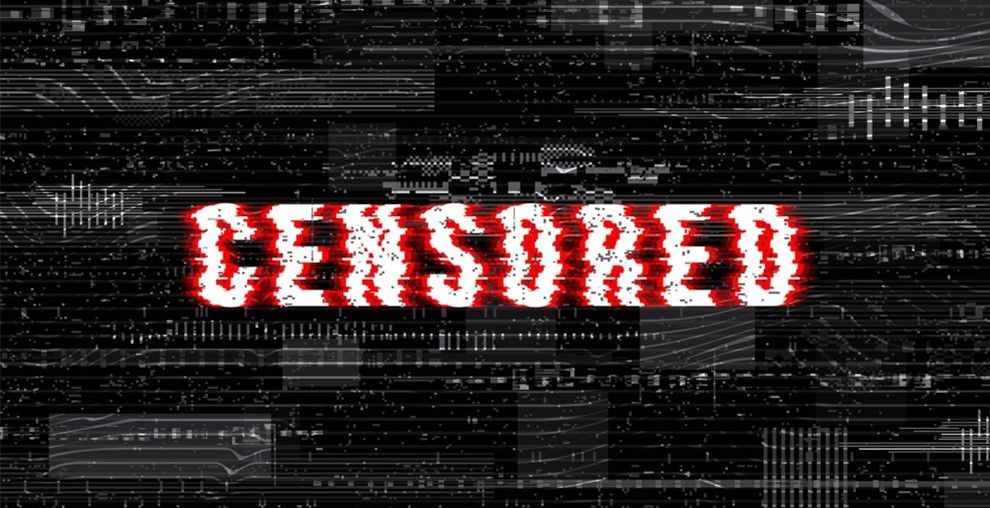Sri Lanka Implements Singapore Style Law to Control Fake News
Similar to other countries, fake news has been a recurring issue in Sri Lanka. In Nov. 2019, when the campaign for Sri Lanka’s presidential election ended, the voters were concerned about an apparent spike in fake news on social media, and its possible impact over the following two days. Candidate supporters “unleashed racist posts” and “fraudulent news-based attacks online — mostly on Facebook, WhatsApp and Twitter.”
The government has sought to criminalize fake news since midyear 2019. The “false news” bill as it was informally known “was proposed against the backdrop of the Easter Sunday massacre of April 21 2019, where an armed group bombed three Catholic churches and three hotels, claiming the lives of more than 250 people.” This bombing marked the start of anti-Muslim violence May 13 2019; mobs targeted homes, businesses, vehicles, and religious buildings known to be owned or frequented by Muslims. These attacks were apparently instigated by social media posts.
At the end of May 2019, the Sri Lankan cabinet approved amendments to the penal and criminal procedure codes to criminalize the dissemination of “false news” where it is deemed to affect “communal harmony” or “state security.” Pursuant to the amendments, the government clarified that discussions are currently underway at the cabinet level to introduce laws like the Protection from Online Falsehoods and Manipulation Act (POFMA) applied in Singapore.
Sri Lanka reportedly studied Singapore’s controversial Infocomm Media Development Authority Act in addition to POFMA and will likely use it as the framework for the new laws in the country. The Infocomm Media Development Authority (IMDA) is a statutory board (a government agency with specific legal powers) and operates under the authority of the Ministry of Communications and Information (MCI). The IMDA is the product of the restructuring and merging of the Infocomm Development Authority (IDA) and the Media Development Authority (MDA). Following the passing of the Info-communications Media Development Authority Bill in Parliament August 16, 2016, IMDA was launched on Sept. 30 of that year.
Singapore’s IMDA law regulates the broadcasting of content of all types of media. Under the existing framework , “media” is defined “as referring to any film, newspaper, broadcasting service or publication (as defined in the Films Act, Newspaper and Printing Presses Act, the Broadcasting Act and the Undesirable Publications Act respectively).” Not surprisingly, it has received criticism from various organizations including the International Press Institute over allegations of controlling the media.
POFMA was passed in the Singapore Parliament. The law allows relevant authorities to act on allegations of fake news or information “through a graduated process of enforcing links to fact-checking statements, censorship of website or assets on social media platforms and criminal charges.”
Facebook has already received 14 POFMA orders in Singapore. Under these orders, the social media giant has been asked to post corrections, as well as remove access to specific Facebook pages for users in Singapore. Singapore Management University (SMU) law professor Eugene Tan makes an interesting point when he says, “With or without POFMA, people are not always going to agree with the Government’s account or narrative,” noting that POFMA is “not the silver bullet to preventing truth decay.” He went on to add that, “although POFMA is not a game-changer, it is a useful tool in the Government’s legislative arsenal to deal with falsehoods that can undoubtedly harm us.”
Although Sri Lanka has taken a page out of Singapore’s law book with the intention to control fake news, it remains to be seen how appropriately the law is adapted to solve the country’s problems and how much of a censorship issue it creates.
Related Posts


SILICON VALLEY
2336-H Walsh Ave.
Santa Clara, CA 95051
+1(408) 550-2344
LOS ANGELES
3900 W Alameda Ave.
Burbank, CA 91505
+1(310) 496-7307









